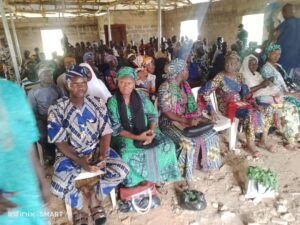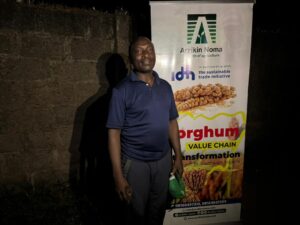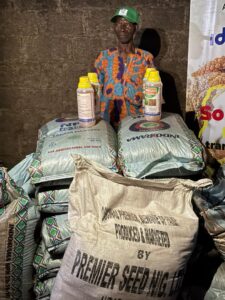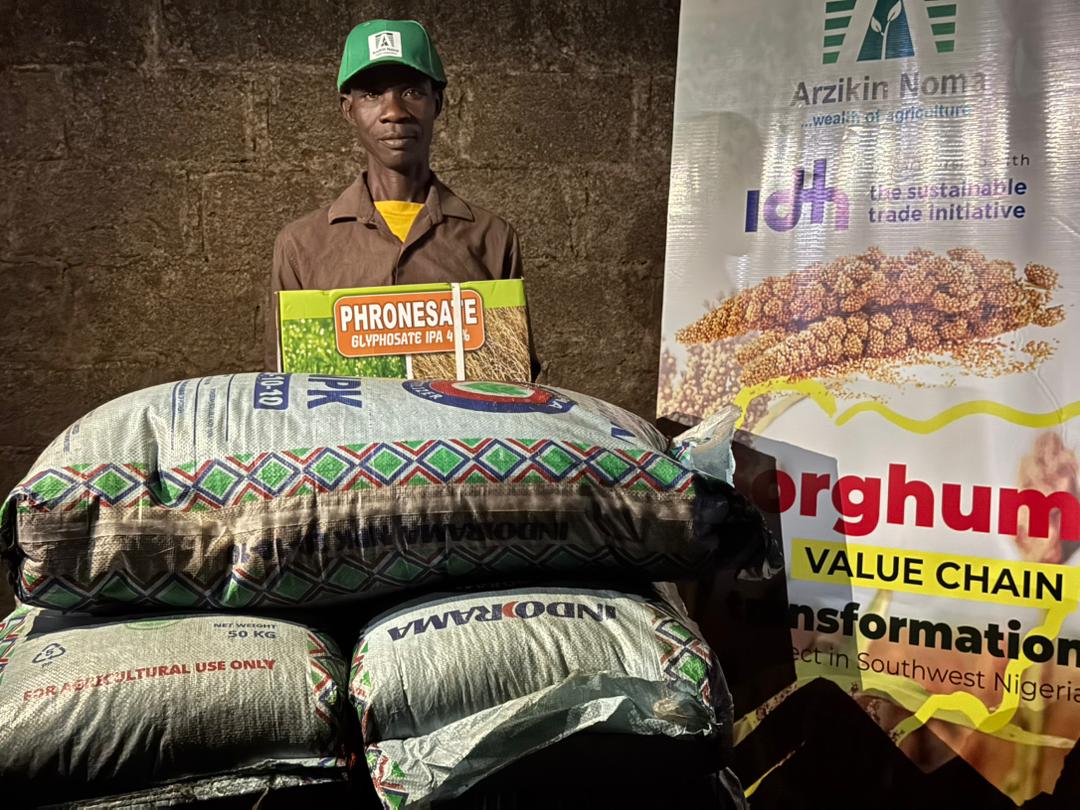Over 7,000 smallholder farmers in Oyo State have received agricultural inputs and training support from Arzikin Noma, a frontline agribusiness firm, as part of a sweeping campaign to strengthen food security and reduce reliance on expensive grain imports.
The support comes under the Sorghum Value Chain Transformation Project, a bold initiative by Arzikin Noma aimed at positioning sorghum and soybean as viable alternatives to wheat and barley, widely used in the production of beer, beverages, and animal feed.
At the official flag-off ceremony held in Iseyin, the company said the initiative was born out of the urgent need to address spiralling food inflation, insecurity in grain-producing regions, and the high cost of transporting grains from northern to southern Nigeria.
Representing the Managing Director and Chief Executive of Arzikin Noma, Adeoluwa Adesola, the firm’s Chief Operating Officer, Ugochukwu Oguike, said the project is solving age-long problems faced by local farmers, poor access to quality inputs, lack of technical knowledge, and limited market opportunities.
“When we fully launched in 2020, we encountered serious issues such as high levels of aflatoxins and fumonisins in grains, leading to rejections by commercial buyers. We realised the root cause was inadequate farming knowledge and poor-quality inputs,” Oguike said.
According to him, Arzikin Noma now provides direct access to certified inputs, training, and market linkages for farmers. “We procure directly from manufacturers, give the farmers these inputs, provide them with training, monitor them through field officers, and guarantee them access to the market after harvest,” he noted.
The company also cited worsening insecurity in the North and rising transportation costs as reasons for its strategic shift to the Southwest, saying it was crucial to decentralise grain production to ensure resilience and affordability.
“We found that parts of the Southwest—specifically Ogun, Oyo, and Kwara—have ideal soil and climate conditions for sorghum and soybean cultivation. Our pilot programmes in these areas have already shown great promise,” Oguike said.
The company’s decision was backed by a thorough ecological assessment to determine the viability of growing cereals in the region. “We mapped the fields, tested the soil, and engaged the farmers. All indicators showed positive outcomes,” he added.
Aside from providing inputs and high-yield seeds, Arzikin Noma is also offering financial support through a partnership with IDH – the Sustainable Trade Initiative. The partnership ensures farmers have the resources needed throughout the planting season.
Dr. Dayo Ogundayo, Director of Programmes at IDH Nigeria, described the Nigerian grain market as highly lucrative and encouraged southern farmers to seize the opportunity. “Sorghum is not only profitable but less labour-intensive, making it ideal for scaling in this region,” he said.
Ogundayo emphasised the imbalance in grain production and consumption across the country. “Sorghum is mostly grown in the North, but most consumers are in the South. Coupled with northern insecurity, this has created supply challenges. It makes economic sense to grow it where it’s consumed,” he stated.
With the commencement of the planting season, some of the empowered farmers expressed optimism, saying they are ready to begin cultivation. They praised the support, which they believe will result in better yields and improved livelihoods.




